FAA Steps In: A Giant Leap Forward, But Miles to Go
The reported acceptance of Drone Express’s Part 135 application by the FAA marks a significant milestone for the company, a provider of autonomous delivery solutions. This recent development puts them on track to potentially revolutionize the future of delivery logistics. However, it’s important to note that acceptance is just the initial step in a long, stringent certification process that could fundamentally change how goods are transported in the U.S.
The Journey From Application to Certification
The Initial Breakthrough
Drone Express’s journey began with the acceptance of their Part 135 application, an early but crucial phase in the FAA’s rigorous certification framework. The Part 135 certification allows for unmanned air carriers to operate beyond visual line of sight (BVLOS), a crucial feature for autonomous drone deliveries.
A Long Road Ahead
Despite this initial success, Russell Kline, the chief regulatory officer, emphasized the complexity of moving forward.
“We would like to give special recognition to the FAA’s newly created AFS-700 branch for their leadership and guidance in this process. While unmanned systems are not a new thing, the certification of an unmanned airline is, and the FAA approached this with great enthusiasm and energy,” he stated, acknowledging the challenges of certifying an unmanned airline.
Beth Flippo, CEO of Drone Express, also highlighted the approval as a testament to their team’s hard work and dedication, setting the stage for a transformative future in delivery services.
“This approval from the FAA is a testament to the hard work and dedication of the entire Drone Express team,” Flippo remarked. “We are thrilled to have reached this pivotal moment, which unlocks immense potential for the future.”
The FAA Certification Process Explained
The Part 135 certification journey includes several distinct phases: Pre-application, Formal Application, Design Assessment, Performance Assessment, and Administrative Functions. Each phase requires meticulous attention to detail, from developing compliant manuals and procedures to conducting proving test flights that demonstrate operational safety and efficiency.
Only after all these stages are successfully completed, which can take months or even years, will the FAA grant the final Part 135 Operating Certificate.
A Costly and Time-Consuming Endeavor
The pursuit of Part 135 certification is not only lengthy but also costly. Estimates suggest that the process can run anywhere from $110,000 to nearly $200,000, depending on the operator’s size and scope. Factors like FAA backlog can add significant delays, potentially extending the total certification time by up to two years.
A Promising Yet Uncertain Path
The journey that Drone Express has embarked upon with FAA’s preliminary acceptance of their Part 135 application is filled with potential yet fraught with challenges. While this is a pivotal moment for the company, signifying possible future success in autonomous drone deliveries, it remains just the beginning. The road to final certification is complex and costly, demanding not only financial investment but also patience and meticulous planning.
Drone Express, along with their FAA partners, faces a daunting task ahead as they navigate these waters, aiming to safely and efficiently integrate unmanned aircraft into the national airspace.
Discover more from DroneXL.co
Subscribe to get the latest posts to your email.
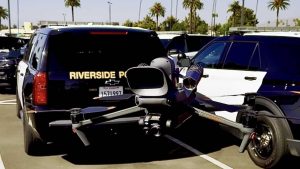
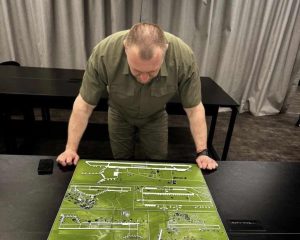
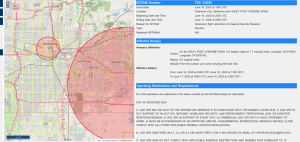
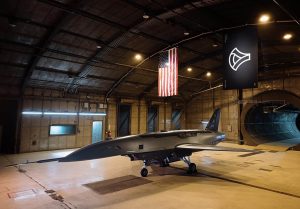
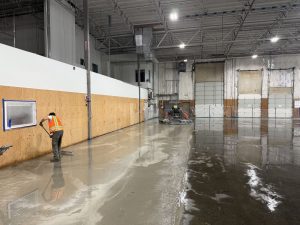
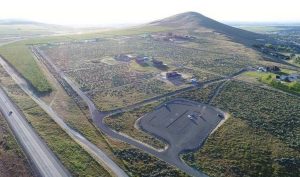
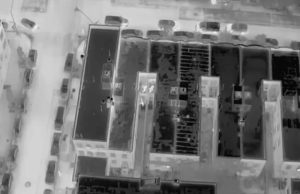


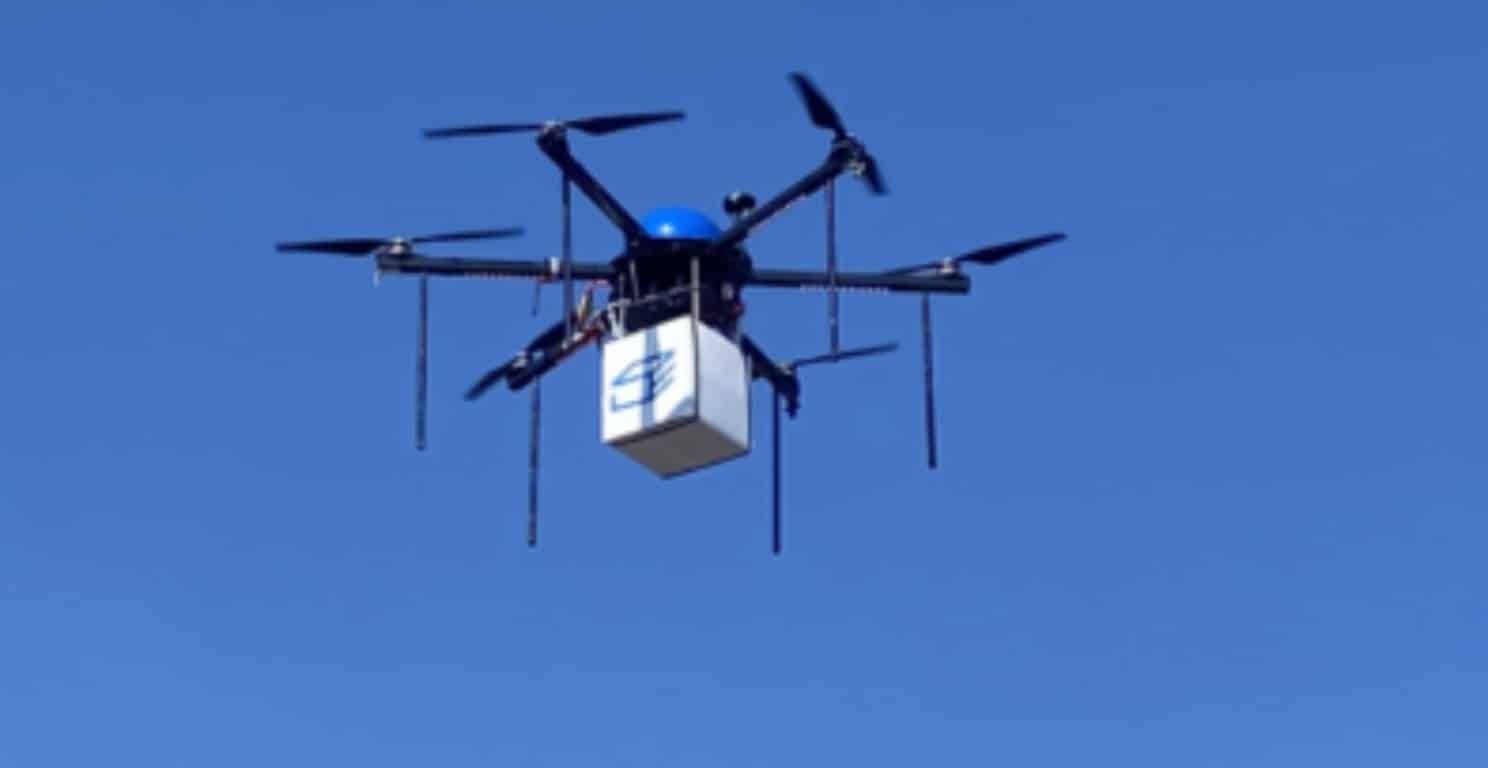
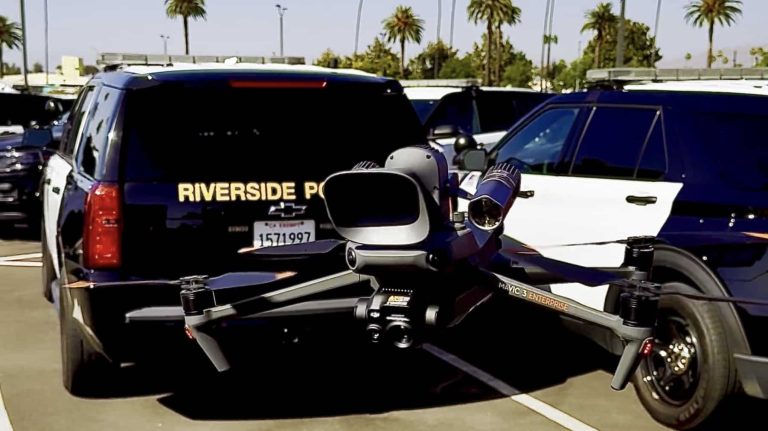
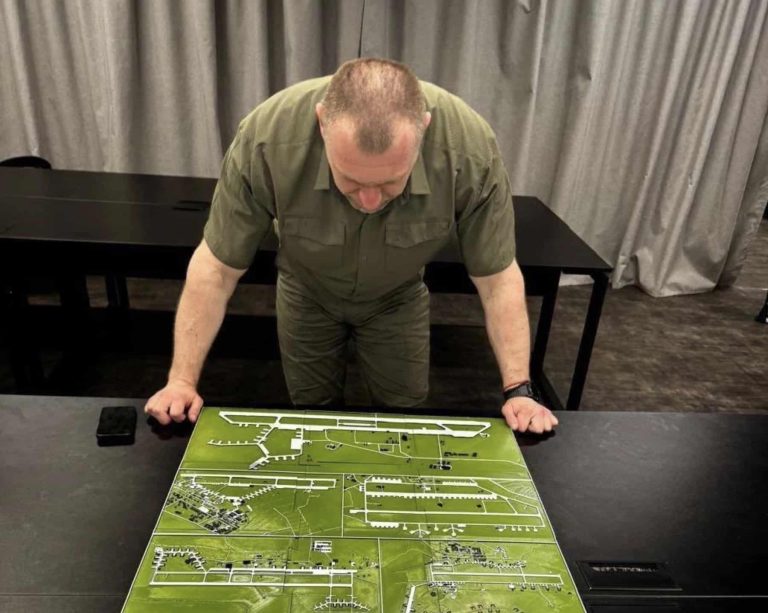
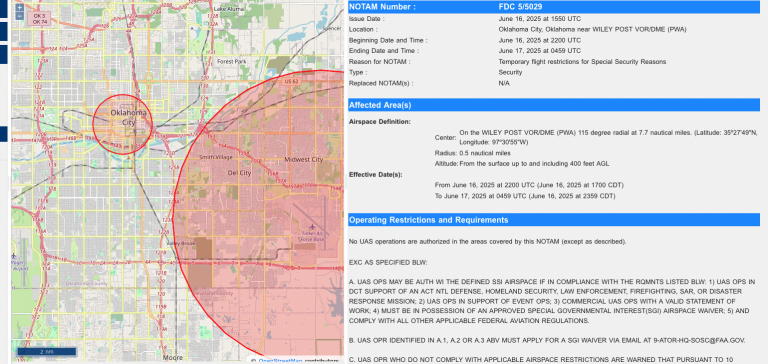
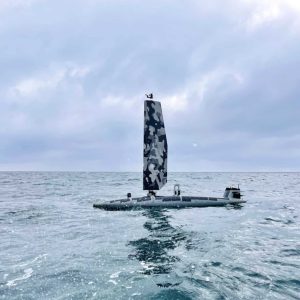

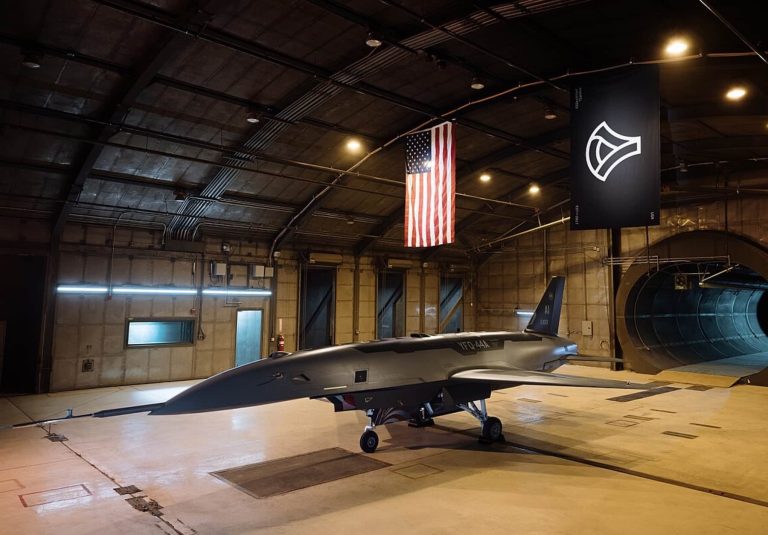
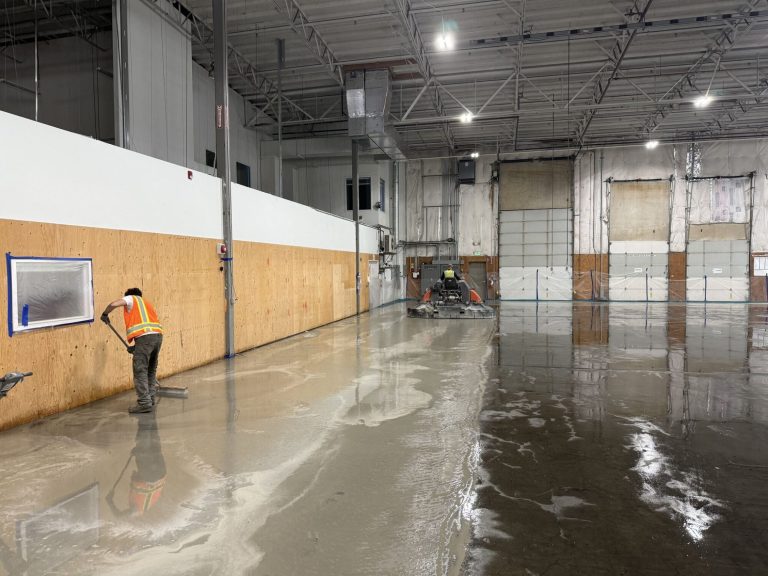
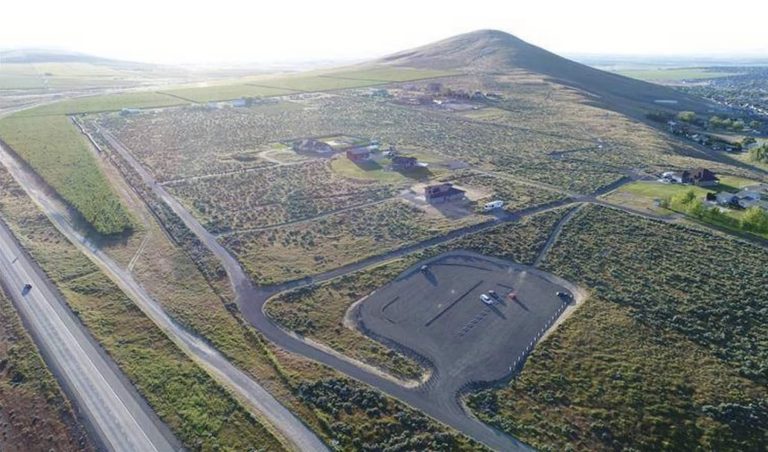
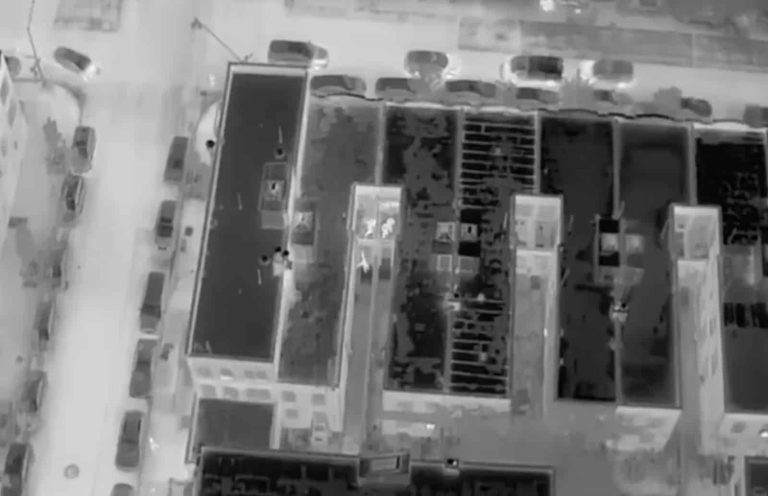

+ There are no comments
Add yours